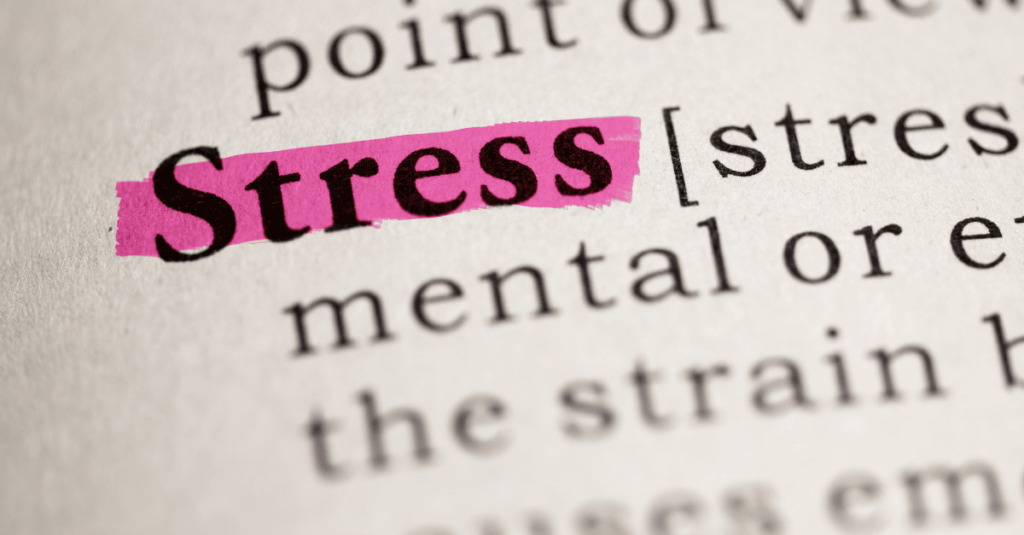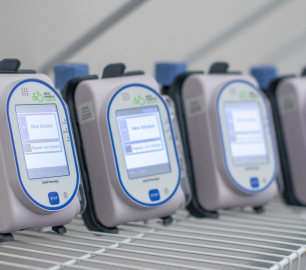
In today’s fast-paced world, stress has become an almost inevitable part of daily life. Whether it’s work-related pressure, personal challenges, or simply the strain of balancing multiple responsibilities, stress can significantly impact our mental and physical well-being.
However, understanding stress and learning effective ways to cope with it can help us lead healthier and more balanced lives.
What is Stress?
Stress is your body’s reaction to any kind of change that demands your focus or action. It’s that internal jolt you feel when faced with challenges, whether they’re physical, emotional, or mental.
We all encounter stress in some form, it’s a universal experience. But what really matters is how you choose to respond to it. The way you manage stress can significantly impact your mental and physical health, shaping your overall well-being.
In small doses, stress can be beneficial, helping you stay alert and focused. However, chronic stress, when stress levels remain elevated over an extended period—can lead to serious health problems such as anxiety, depression, heart disease, and weakened immune function.

Recognizing the Signs of Stress
Recognizing the signs of stress is the first step toward managing it effectively.
Common signs of stress include:
Physical Symptoms
Headaches, muscle tension, fatigue, sleep disturbances, and digestive issues.
Emotional Symptoms
Irritability, anxiety, depression, and a feeling of being overwhelmed.
Cognitive Symptoms
Difficulty concentrating, memory problems, and negative thinking.
Behavioral Symptoms
Changes in appetite, procrastination, increased use of alcohol or drugs, and social withdrawal.
Effective Ways to Cope with Stress
While it’s impossible to eliminate all stress, there are several strategies you can use to manage it effectively.
1. Identify the Source of Your Stress
Understanding what’s causing your stress is crucial to managing it. Take some time to identify the primary sources of stress in your life. Is it work-related? Are personal relationships causing tension? Once you’ve pinpointed the source, you can start working on solutions to reduce or eliminate the stressors.
2. Practice Mindfulness and Relaxation Techniques
Mindfulness involves staying present and fully engaged in the current moment. Techniques such as deep breathing and meditation can help calm your mind and reduce stress.
3. Exercise Regularly
Physical activity is one of the most effective ways to combat stress. Exercise releases endorphins, the body’s natural stress-relief hormones, which can improve your mood and energy levels. Whether it’s a short walk, yoga, a sport like rock climbing or a workout at the gym, find an activity that you enjoy and make it a regular part of your routine.

4. Prioritize Sleep
Lack of sleep can exacerbate stress, making it harder to cope with daily challenges. Aim for 7-9 hours of quality sleep each night. Establish a regular sleep routine, create a calming bedtime environment, and avoid screens before bed to help improve your sleep quality.
5. Connect with Others
Social support is a powerful stress buffer. Spend time with family and friends, talk to someone you trust about your feelings, or seek support from a therapist or counselor if needed. Connecting with others can provide comfort and perspective during stressful times.
6. Set Boundaries and Learn to Say No
Taking on too much can lead to burnout. It’s important to set boundaries and learn to say no when you’re feeling overwhelmed. Prioritize your tasks and focus on what’s most important, and don’t be afraid to delegate or postpone less critical tasks.
7. Practice Self-Care
Taking care of yourself is essential for managing stress. Make time for activities that bring you joy and relaxation, whether it’s reading a book, spending time in nature, or indulging in a hobby.
8. Stay Organized
Disorganization can contribute to stress. Keep your environment tidy, create to-do lists, and break tasks down into manageable steps. By staying organized, you’ll feel more in control and less stressed.

When to Seek Professional Help
If your stress levels are affecting your ability to function in daily life, it may be time to seek professional help. A mental health professional can work with you to develop coping strategies and address any underlying issues contributing to your stress.
Stress is a natural part of life, but it doesn’t have to control you. By understanding the signs of stress and implementing effective coping strategies, you can manage stress in a way that enhances your overall well-being.
Remember, it’s okay to ask for help when you need it, and taking steps to care for yourself is the first step toward living a more balanced and fulfilling life.








